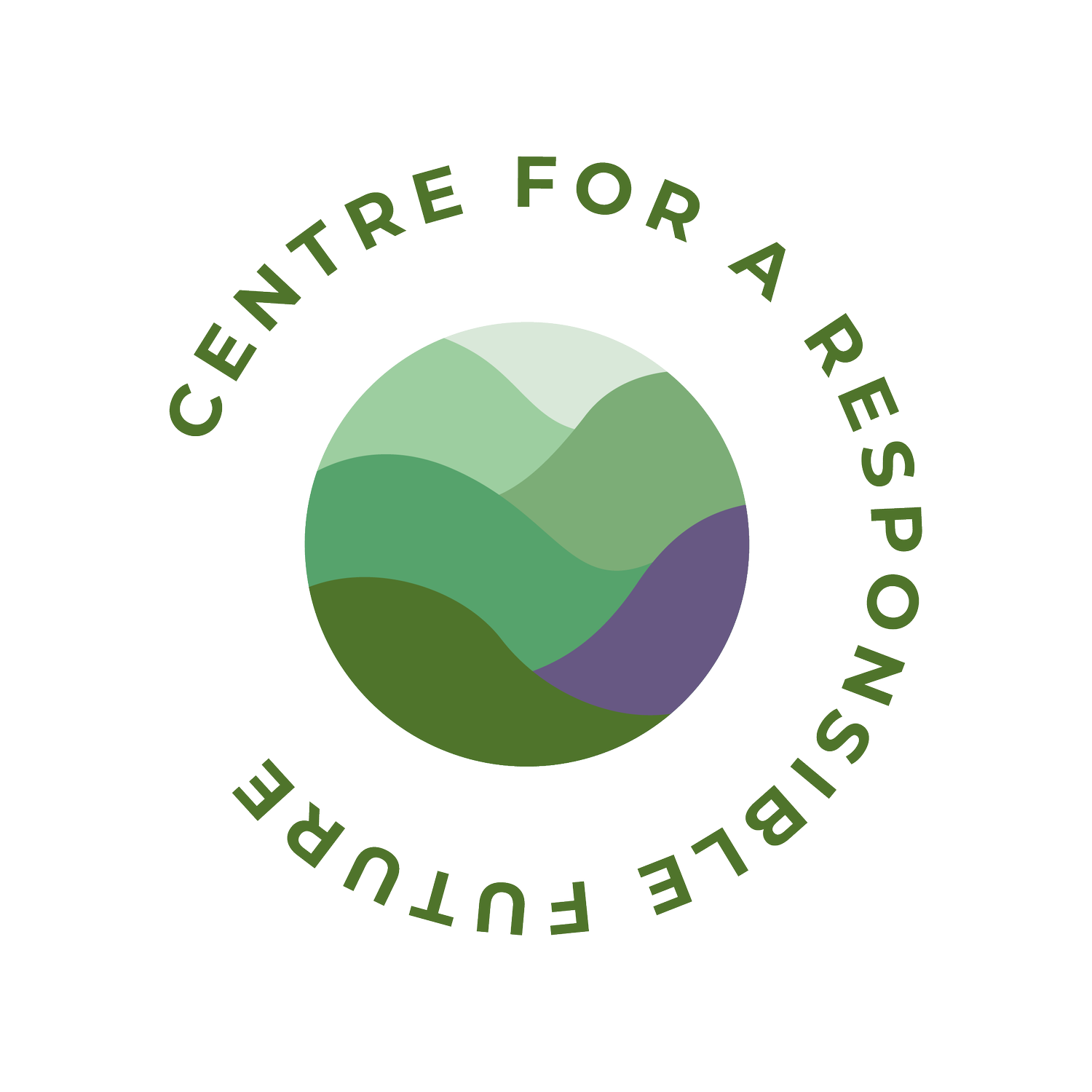
UNDERSTANDING YOUR NUTRIENTS IN A PLANT-BASED DIET
DEBUNKING MYTHS: COMMON ISSUES AND APPREHENSIONS ON NUTRIENT LEVELS IN A PLANTBASED DIET
There are a lot of misconceptions and disinformation when it comes to plant based nutrition. In this section we will address some common issues and apprehensio

1. Can you get enough protein on a plant based diet ?
All foods (plant or animal source) have protein. It’s just the proportion and constituent amino acids that differ. A WFPB diet provides more than enough protein for all human needs at different stages in life (growing child, adult and elders).
Humans only need enough protein to maintain and repair tissue and organs, the body has no ability to store protein. Extra protein is broken down and excreted in the urine. Even in human breast milk (when maximal protein is required for growth of a baby) the portion of protein represents only 10% of milk.
2. Do you need to eat a specific combination of food to get complete protein ?
The need for so called high-quality complete protein as in egg is a myth that has been long debunked. The best protein sources for humans are actually legumes (beans of any kind like soy, lentils, green beans, , tofu etc), potatoes, vegetables like broccoli and seeds and nuts.
The key is to take plant protein from a variety of sources and not just 1 type of plant. This variety in your diet ensures all essential amino acids (ie the ones that the body cannot synthesize on own) are present in more than enough quantities. It’s impossible to get protein malnutrition on a varied WFPB diet as its so readily available. Your body will get all the amino acids it needs.
Did you know that calorie for calorie, the proportion of protein in broccoli is more than pork or beef? And meat comes with the nasties like saturated fats and cholesterol.
Protein supplements are NOT required unless one has a specific illness and is prescribed it by a medical professional.

3. Can your body absorb enough iron from plants?
Iron is an essential mineral required for blood production and brain function. The body controls iron utilisation and stores extra iron in the liver. Being a metal, too much iron is almost as dangerous as too little.
We therefore do not recommend iron supplements unless in pregnancy or when prescribed for illness by a doctor.
Iron is more abundant in meat (ie in the blood of animal muscle and organs). This form of iron (heme iron) is rapidly absorbed by the body. However, the body has a hard time adjusting the right amounts required and excess end up stored in the liver or triggering inflammation in blood vessels. Both of these conditions increased risk of chronic disease.
It is better to take plant based iron (non-heme iron) found in dark coloured vegetables and fruits, nuts and beans. You can further enhance the absorption of iron by taking fruits (Vitamin C helps iron enter the body) before or after meals.
4. Do you need dairy for strong bones ?
The idea that dairy is a great source of calcium dates back a long time. It has now been shown that the calcium in milk may not be as efficiently absorbed or utilised as we thought. One just has to realise that the countries with the highest rates of dairy consumption also have the highest rates of osteoporosis and fractures.
Like iron, too much calcium increases the risk of CVS disease and inflammation. As such, calcium supplements should not be taken unless prescribed for illness by a doctor.
Good sources of calcium in plants are green leafy vegetables, beans, nuts and pumpkins etc.

5. Is a plant-based diet incomplete as it requires supplements?
Even without supplements, a proper WFPB diet has way more nutritional value than an omnivorous or meat based diet. Just think of the 1000’s of phytonutrients, fibre, Vitamin C and complex carbs that are missing and essential for a health life.
The only supplementation that is truly essential is Vitamin B12 (see below). B12 is not made by plants or animals, rather is made by soil bacteria and ingested by animals. As many animals are now housed in cages and indoors without access to soil, they too have to supplemented with B12 and it is this second hand B12 that is present in meat.
Vitamin D3 supplementation is also essential if one is not getting adequate sun exposure (common in Singapore even though we are a tropical country). Think covered walkways, air conditioned cars and trains and windowless offices. This applies to vegans and omnivores alike.
